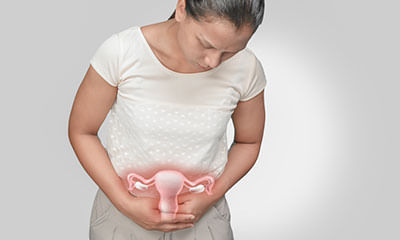PCOS (Polycystic Ovarian Syndrome): What You Need to Know?
Polycystic Ovary Syndrome, abbreviated as PCOS in women actually refers to the formation of multitudinous cysts in their ovaries caused by rapid overpopulation of a hormone called Androgens. Excess Androgens are released due to the production of a much higher level of insulin in the blood, which the body is unable to effectively utilise. Women affected with PCOS tend to have irregular or no menstruation at all. They are usually obese and have acne and hairfall complications.
If PCOS is not restrained on time, it might lead to endometrial cancer, heart diseases, diabetes or high blood pressure. Therefore, a balanced diet is paramount.
Here is how you can assist your self :-
WHAT TO ADD?
Fibre rich vegetables like cauliflower, broccoli, pumpkin, potatoes and sprouts. In case of PCOS, one should have a diet rich in green leaves like lettuce. Other food items like lentils and beans; almonds and berries and pepper (green and red) can be consumed.
Lean protein such as chicken, fish and tofu are helpful in case of PCOS. Anti-inflammatory foods and spices such as turmeric and tomatoes; spinach, walnut and olive oil; as well as fruits like strawberries and blueberries are beneficial.
WHAT TO SUBTRACT?
Foods with high glycaemic index like white rice; mashed potatoes; cakes and muffins should be avoided in case of PCOS.
Sugary snacks and beverages which might stimulate insulin levels in the blood should be steered clear from. Inflammatory foods such as processed and raw meat, pasta noodles and French fries should be strictly stayed away from.
Dairy and soy products should also be consumed in minimum quantity.
Other Changes Since most women suffering from PCOS are overweight, exercise and daily physical movement is very crucial. Any person afflicted by PCOS should maintain a low inflammation diet and ensure nominal sugar intake. PCOS induces stress, therefore practicing Yoga and/or speaking with a therapist are noteworthy options.



+1.svg)
